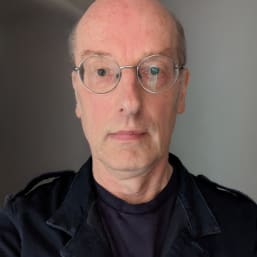
The images from Gaza clearly cloud our thinking
In order to improve the fate of the Palestinians in Gaza, it would be good if various options were analysed scientifically, but according to Jeroen Bruggeman, this is not happening.
To improve the plight of the Palestinians in Gaza, it would be good if various options were analysed scientifically and the pros and cons were made clear. I hoped to find such an analysis in a 93-page report on ties with Israeli universities, written by twelve academics, including UvA academics.
But I was disappointed. The authors opted for a boycott from the outset. Supported by this report, more than 70 UvA professors signed an open letter to the same effect last week. However, there is no analysis of the possible consequences of a boycott, such as the termination of joint research into medicines, and no alternatives are considered.
Obsession
It remains strange that of all the killing pits in the world, scientists are overwhelmingly obsessed with Israeli violence in Gaza. No one will bother to write a report about other places, even if there are ten times more victims. This is partly due to a lack of images.
It is understandable that the images from Gaza that we see every day evoke strong emotions that incite action, but the problem is that they get in the way of clear thinking. The idea for a boycott is based on the boycott of the apartheid regime in South Africa, according to the report. But war has a very different dynamic from oppression, as is also evident from the study On Wars, about the history of wars, by the British-American sociologist Michael Mann. The analogy between the war in Gaza and the oppressive apartheid regime in South Africa does not hold water at all.
No evidence
A boycott would be legally necessary, while cooperation projects are carefully assessed precisely to avoid legal errors. After two years, there is still no evidence that academic knowledge from the University of Amsterdam has been misused to kill Palestinian civilians. It therefore seems highly likely that the academic complicity in genocide that people want to end never began in the first place. This also undermines the moral appeal. This report is a missed opportunity to look beyond a boycott, which is primarily a gesture to the home audience.
Jeroen Bruggeman is associate professor of cultural sociology at the UvA.


